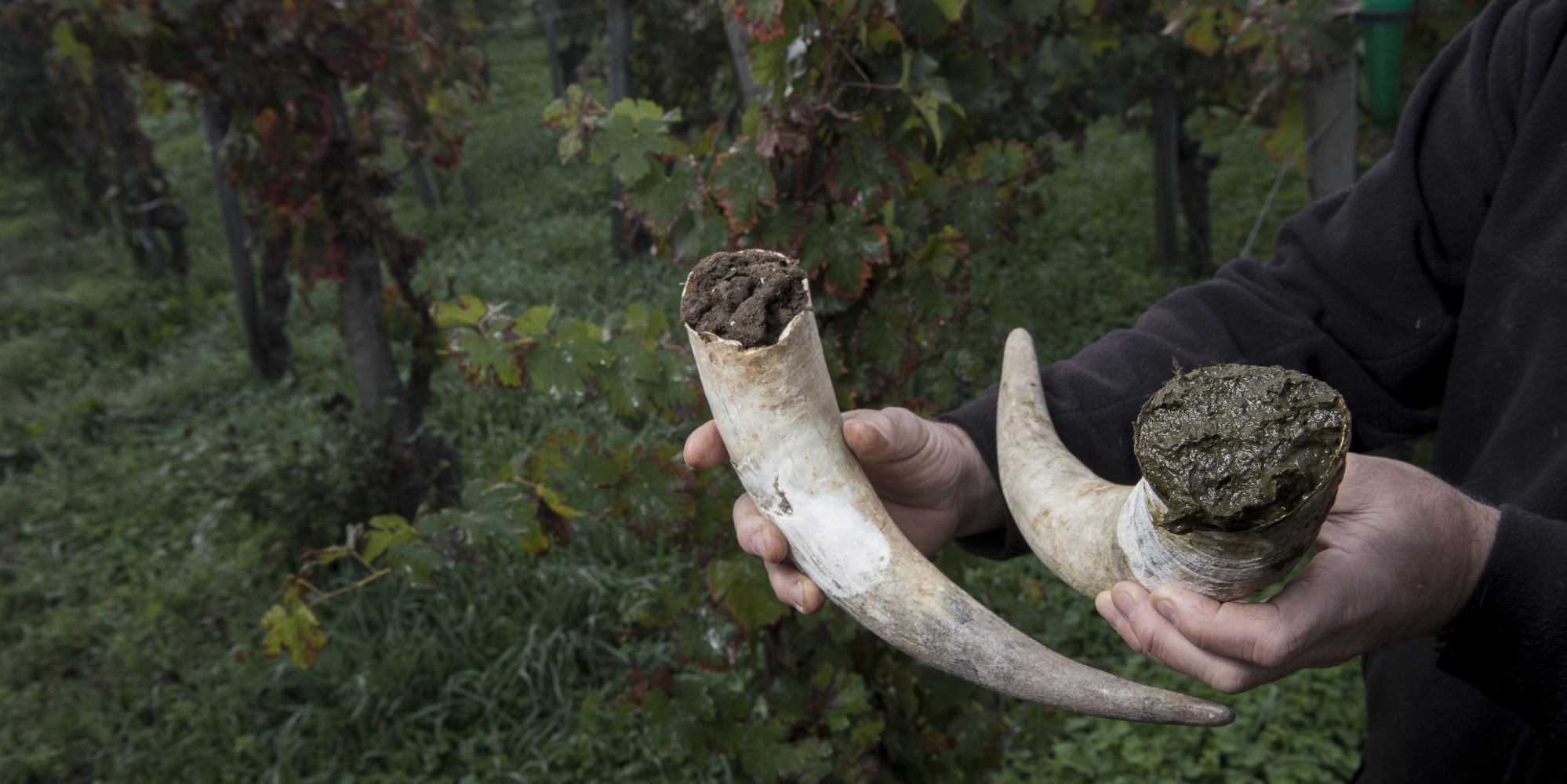
What is Biodynamics? Biodynamics is a holistic, ecological, and ethical approach to farming, gardening, food, and nutrition. It emphasizes the interrelationship of soil, plants, and animals as a self-sustaining system. Originating from the ideas of Rudolf Steiner in the early 20th century, biodynamics integrates spiritual and cosmic principles into agricultural practices. Farmers use special preparations made from herbs, minerals, and animal manure to enhance soil fertility and plant health. This method also includes planting and harvesting according to lunar and planetary cycles. Biodynamics aims to create a balanced ecosystem that promotes biodiversity and sustainability. It's not just about growing food; it's about fostering a deeper connection with nature and the cosmos. Many believe that biodynamic practices result in healthier, more nutritious food and a more resilient environment.
What is Biodynamics?
Biodynamics is a holistic, ecological, and ethical approach to farming, gardening, food, and nutrition. It views the farm as a self-sustaining organism and emphasizes the interrelationship between soil, plants, and animals. Here are some fascinating facts about this unique agricultural practice.
- Origin: Biodynamics was developed in the 1920s by Austrian philosopher Rudolf Steiner.
- Holistic Approach: It treats farms as unified and individual organisms, emphasizing the interdependence of all living things.
- Cosmic Influence: Biodynamic farming considers lunar and astrological cycles when planting and harvesting crops.
- Biodynamic Preparations: Special herbal and mineral preparations are used to enhance soil fertility and plant health.
- Composting: Composting is a key component, often enriched with biodynamic preparations to boost microbial life.
- Biodiversity: Biodynamic farms promote biodiversity, integrating a variety of crops and animals to create a balanced ecosystem.
- Certification: Demeter International is the primary certification body for biodynamic products.
- No Synthetic Chemicals: Biodynamic farming strictly avoids synthetic fertilizers and pesticides.
- Soil Health: Emphasis is placed on maintaining and improving soil health through natural means.
- Animal Welfare: Animals on biodynamic farms are treated with respect and integrated into the farming system.
Biodynamic Practices
The practices involved in biodynamic farming are unique and often quite different from conventional methods. They aim to create a self-sustaining system that works in harmony with nature.
- Crop Rotation: Rotating crops to prevent soil depletion and reduce pest and disease cycles.
- Cover Crops: Planting cover crops to protect and enrich the soil during off-seasons.
- Green Manure: Using green manure crops to add nutrients back into the soil.
- Intercropping: Growing different crops together to enhance biodiversity and reduce pests.
- Natural Pest Control: Utilizing natural predators and plant-based solutions to manage pests.
- Water Conservation: Implementing techniques to conserve water and improve irrigation efficiency.
- Seed Saving: Saving and replanting seeds from previous harvests to maintain plant diversity.
- Minimal Tillage: Reducing soil disturbance to maintain soil structure and health.
- Biodynamic Calendar: Following a specific planting calendar based on lunar and cosmic rhythms.
- On-Farm Fertility: Creating fertility through composting, green manures, and animal integration.
Benefits of Biodynamic Farming
Biodynamic farming offers numerous benefits, not just for the environment but also for the quality of the food produced and the health of those who consume it.
- Nutrient-Rich Food: Produces food that is often richer in nutrients and flavor.
- Environmental Sustainability: Promotes sustainable farming practices that protect the environment.
- Soil Regeneration: Helps regenerate and maintain healthy soil.
- Climate Resilience: Increases farm resilience to climate change through diverse and adaptive practices.
- Community Building: Encourages community involvement and education about sustainable agriculture.
- Economic Viability: Can be economically viable due to premium prices for biodynamic products.
- Enhanced Biodiversity: Supports a wide range of plant and animal species.
- Reduced Carbon Footprint: Lower carbon footprint compared to conventional farming methods.
- Water Quality: Improves water quality by reducing runoff and chemical use.
- Animal Health: Promotes the health and well-being of farm animals.
Challenges and Criticisms
Despite its many benefits, biodynamic farming also faces challenges and criticisms. Understanding these can provide a balanced view of this agricultural practice.
- Labor Intensive: Requires more labor and management compared to conventional farming.
- Yield Variability: Yields can be lower and more variable.
- Certification Costs: Obtaining biodynamic certification can be expensive.
- Skepticism: Some scientists and farmers are skeptical of the cosmic and spiritual aspects.
- Market Access: Limited market access for biodynamic products in some regions.
- Knowledge Intensive: Requires extensive knowledge and training to implement effectively.
The Final Scoop on Biodynamics
Biodynamics isn't just a farming method; it's a way of life. It blends organic practices with spiritual insights, aiming for a self-sustaining ecosystem. Farmers use natural preparations to enhance soil health and plant growth. This approach respects cosmic rhythms, aligning planting and harvesting with lunar cycles. Biodynamics also emphasizes biodiversity, encouraging a variety of plants and animals to thrive together. It's not just about growing food; it's about creating a balanced environment. While some may see it as unconventional, many swear by its benefits. From improved soil fertility to healthier crops, the results speak for themselves. Whether you're a farmer or a curious consumer, understanding biodynamics can offer a fresh perspective on agriculture. So next time you bite into a biodynamic apple, remember, there's a whole philosophy behind that delicious crunch.
Was this page helpful?
Our commitment to delivering trustworthy and engaging content is at the heart of what we do. Each fact on our site is contributed by real users like you, bringing a wealth of diverse insights and information. To ensure the highest standards of accuracy and reliability, our dedicated editors meticulously review each submission. This process guarantees that the facts we share are not only fascinating but also credible. Trust in our commitment to quality and authenticity as you explore and learn with us.
